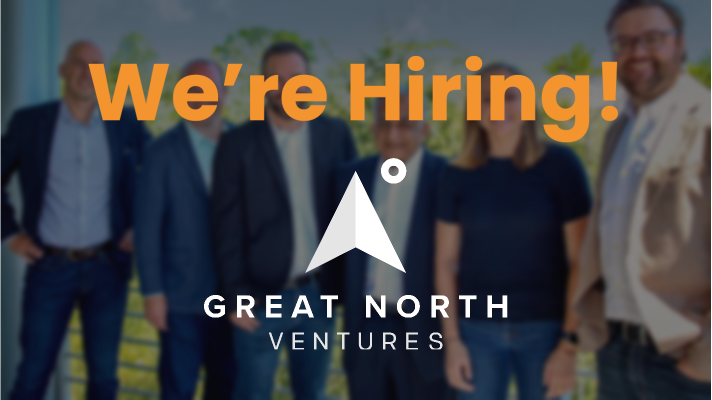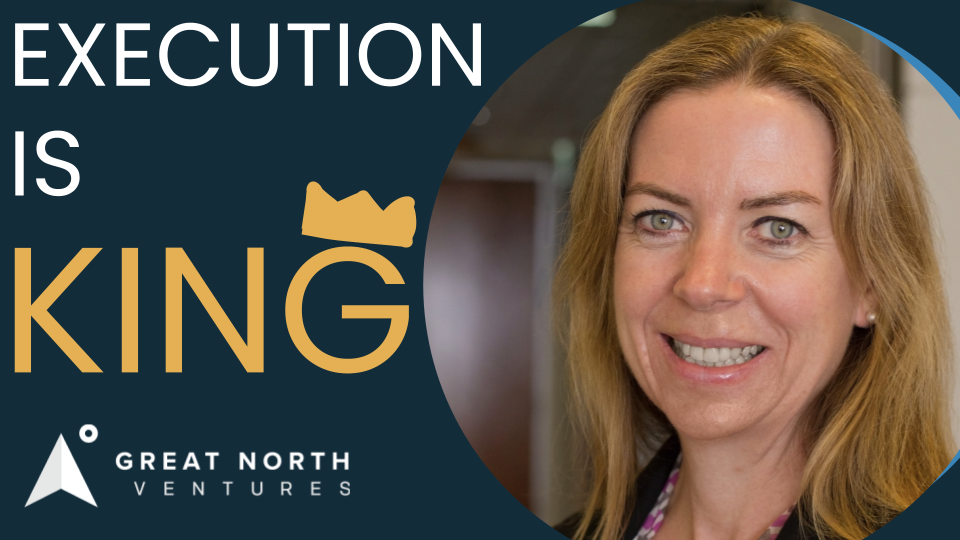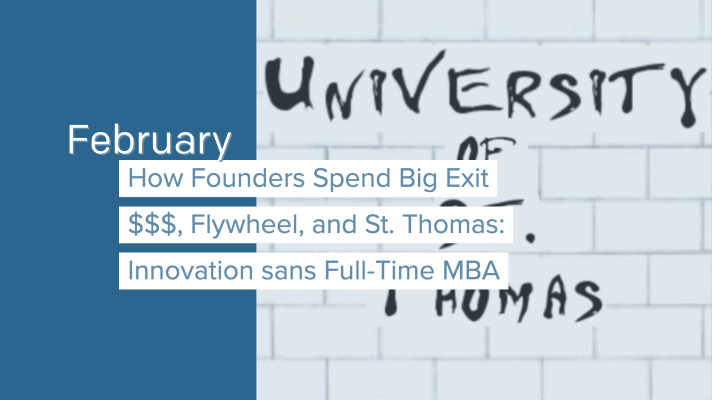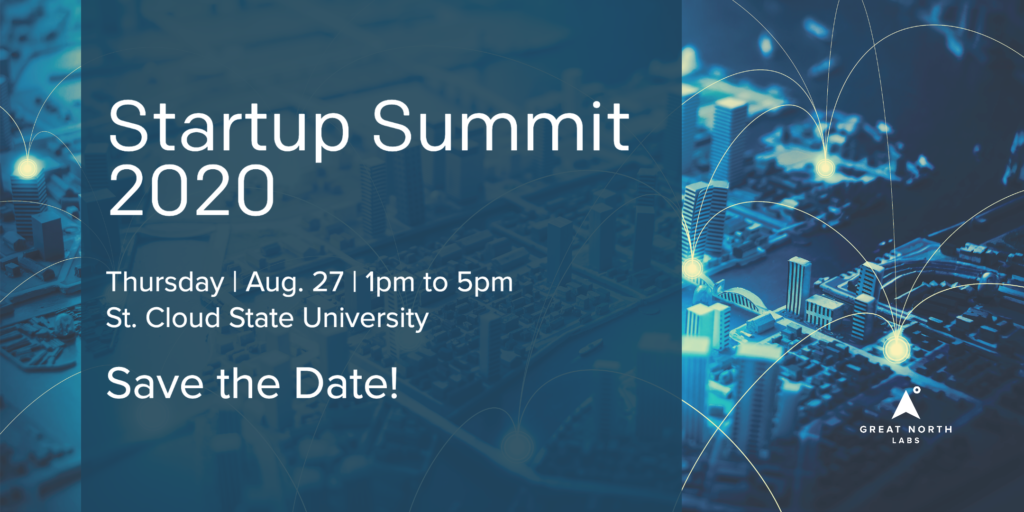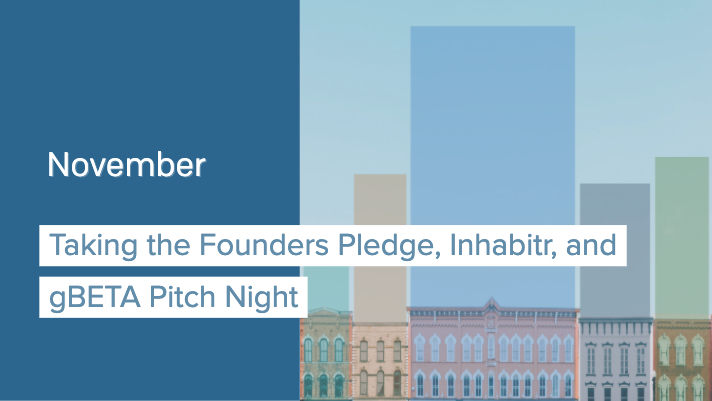VCs and Startups Are Adjusting to the Corrected Market
This shift encourages a more disciplined approach to growth, where startups are not just chasing valuation but are building long-term value. I am optimistic about funding levels as startups and VCs respond to the correction in the market.


